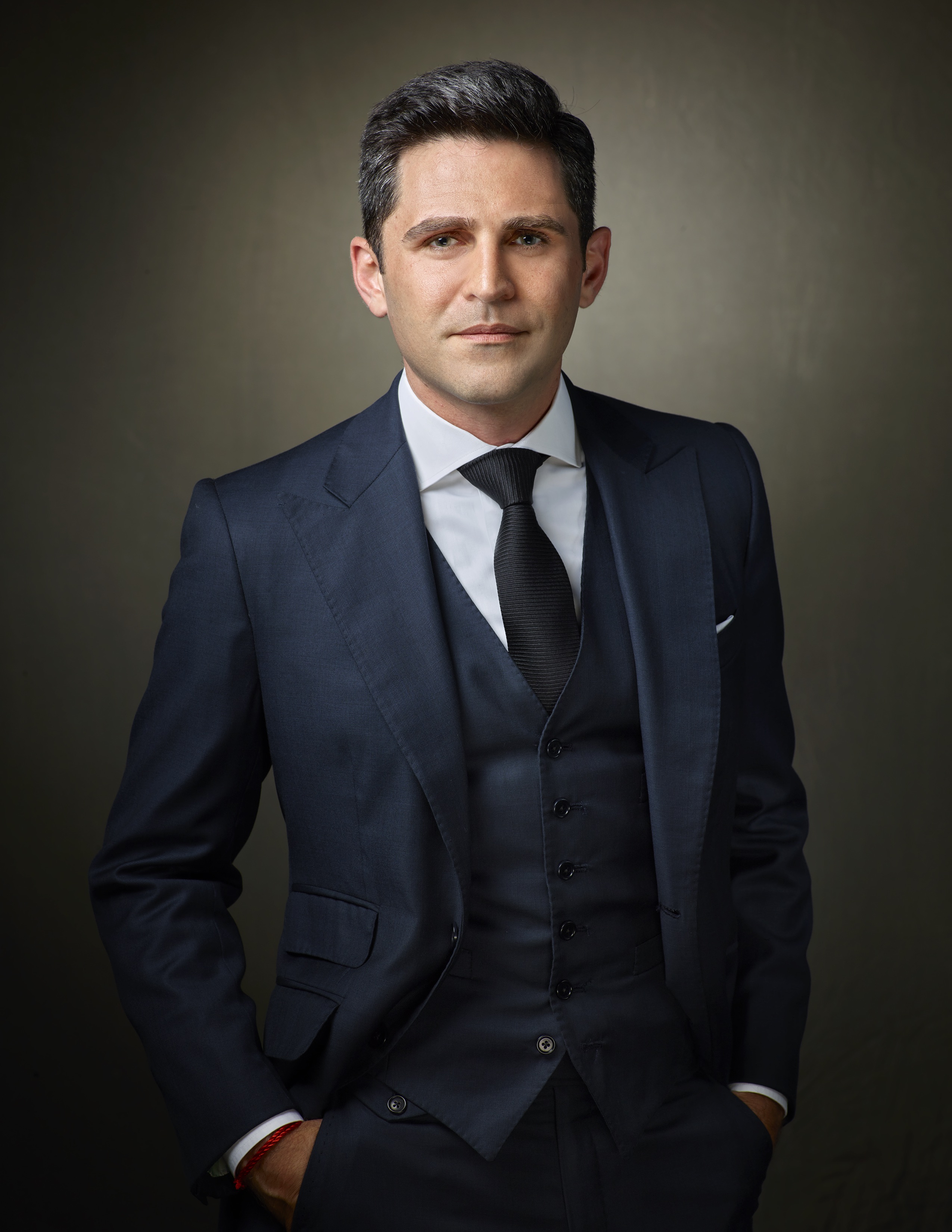 For high net worth investors, these are extraordinary times impacted by disruptive changes to the regulatory and political landscape. Today, CEOs, doctors, attorneys, and other sophisticated investors are exploring new ways to preserve and grow their capital, including adjusting their asset allocations and making strategic moves into alternative investments. In many cases this means getting out of hedge funds and into private equity. In this brave new world, I believe that private equity real estate is worth strong consideration.
For high net worth investors, these are extraordinary times impacted by disruptive changes to the regulatory and political landscape. Today, CEOs, doctors, attorneys, and other sophisticated investors are exploring new ways to preserve and grow their capital, including adjusting their asset allocations and making strategic moves into alternative investments. In many cases this means getting out of hedge funds and into private equity. In this brave new world, I believe that private equity real estate is worth strong consideration.
Private equity real estate can deliver a tangible financial return—and preserve capital—even in today’s yield-starved market. If all else goes wrong, and barring war or a major global disaster, property will continue to exist long after fiat paper money and other traditional investments have imploded or even vanished (anyone for Lehman Brothers, The Royal Bank of Scotland, or Lloyds Bank).
The first step in defining a concept such as private equity real estate investment, that might be unfamiliar to some, can often be to explain what it is not. Private equity real estate investment is not to be confused with investing in a publicly traded, or non-traded, REIT (real estate investment trust) vehicle, the most commonly used real estate investment product.
Typically, private equity real estate investment refers to pooled funds that are professionally managed and will invest in multiple assets over a seven to ten-year period. Sometimes the investment period is even shorter. In structure and operations, it mirrors traditional private equity funds whether they be in the oil and gas industry, technology and venture industry, or other asset classes. The scale ranges from smaller end funds of US$10 million to $25 million to the tens of billions of dollars where only institutional investors like endowments, superannuation funds, pension plans, etc., will participate. The proceeds are then managed by a fund and controlled by the general partner (GP), which identifies and executes investment opportunities.
The GP is compensated through two primary components. First, is an ongoing management fee calculated as a percentage of assets under management. The management fee is a flat rate and typically can be 2 percent of the total assets under management. In addition, the GP is usually entitled to a share of the fund profits only if the investors achieve a minimum level of investment return, also known as the hurdle rate. This fee is known as carried interest and is calculated as a percentage of the overall net profits, such as 20 percent. The concept of carried interest is to provide additional incentive for the GP to maximize the total fund return.
Many of the world’s largest investment names, including Blackstone, Starwood Capital, KKR, The Carlyle Group, Oaktree Capital Management, and others are active in the private equity real estate sector across many different strategies. My own firm, Rastegar Equity Partners, for example specializes in income producing, recession-resilient commercial real estate investments, including self-storage and discount retail investments.
According to figures from specialist data provider Preqin, as last year played out, closed-ended funds had record amounts of dry powder (capital committed, but not yet invested) at their disposal. Managers worldwide had some US$239 billion to deploy (at December 2016), up from US$210 billion in 2015. A decade previously, the figure was just US$132 billion.
In its 2017 outlook for the sector, Preqin calculates that private equity real estate firms have increased their investment activity rapidly in recent years. Deal flow slowed in 2016, however, impacted by financial market volatility, the Brexit vote for the UK to leave the European Union, concerns over the Chinese economy, and uncertainty in the run up to the US presidential election. Preqin notes that while fund managers are also finding it harder to find attractive opportunities in a crowded market, they still invested more capital in 2016 than they did in 2014.
In the conclusion to its own 2017 private equity real estate outlook, global professional services firm, EY, notes that many markets globally face the prospect of a slowdown in the real estate market. But today’s market has been preceded by low economic growth and therefore lower levels of development in many markets, it adds, than at the height of the last property cycle in 2006.
“Should the market turn, we expect a rather softer landing this time around,” writes EY. “So, while there are clearly good reasons for concern—from high pricing and political uncertainty to the future direction of trade winds—the fact that real estate funds now hold record amounts of dry powder is highly positive.” Any turning of the cycle will present many new investment opportunities and with capital to deploy, the global real estate fund market is in a very strong position to capitalize on these.
As high net-worth investors continue to seek alternative investments for diversification as well as improvement of their overall investment return profile, my colleagues and I will work to serve and educate them, and foster new opportunities for growth.
Ari Rastegar is the founder and CEO of Rastegar Equity Partners, a Dallas-based private equity real estate firm.




